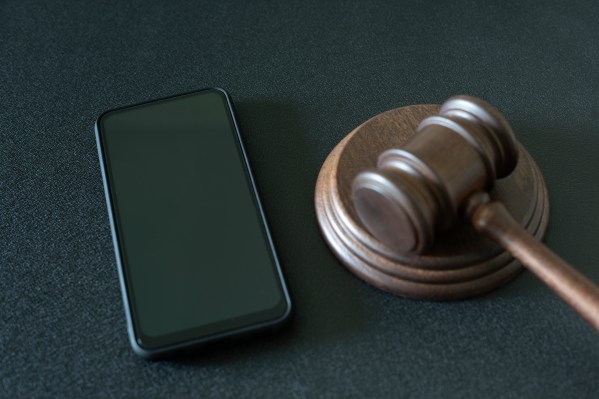Key legal issues for influencers and brands (and how to deal with them)

Social media influencers are among the most recognized and highly paid individuals in the world.
Their prominence has been fueled by the explosive growth of TikTok, Twitch, and OnlyFans; the continued growth of Instagram, YouTube, and Snap; and the astonishing amounts of money flowing in and around those platforms. Social media has also created unparalleled opportunities for brands to market their goods and services, and they often work with influencers in doing so.
Novel legal issues and risks have emerged for both influencers and brands. Key, recurring issues relate to copyright licensing and infringement, disclosures and statements in endorsements, compliance with securities laws, and defamation.
Understanding and addressing these issues is just as important for less prominent influencers as it is for brands and the most prominent influencers.
Posting content raises copyright licensing and infringement issues
At their basic level, copyright laws prevent the use of original creative work without the owner’s permission. Section 102 of the Copyright Act identifies broad categories of copyrightable material, including virtually anything that can be expressed in a tangible medium of expression.
Influencers and brands may incorporate portions of another’s copyrighted material when creating their own promotional content. For example, an image displayed during a YouTube stream or a song in an Instagram Reel. Licenses should be obtained before incorporating copyrighted material into such content.
Influencers need to be particularly careful when endorsing products that might be considered securities, such as non-fungible tokens and cryptocurrency.
The importance of obtaining licenses is illustrated by recent litigation between Warner Music and Iconic London, which alleges that Iconic utilized Warner’s music in social media posts without permission. In recent court decisions, particularly those involving Bang Energy, courts have held that influencers and brands have no right to exploit others’ intellectual property for commercial purposes without obtaining the right to do so from the content owner(s). This is particularly so because most social media platforms’ licenses and terms of use do not allow for the commercial use of music and similar material by users.
If influencers and brands do not obtain licenses, their posts will likely infringe the copyrights of others and, potentially, trademark rights and rights of publicity. This can occur directly when the influencer or brand posts infringing content on their social media. It can also occur indirectly when an influencer or brand materially contributes to posting infringing content.
Influencers, brands and anyone else involved in the infringement can then be subject to significant monetary exposure. The Copyright Act entitles copyright owners to recover the infringer’s profits derived from the infringement and damages that are not already included in such profits.
Guidelines for making disclosures and statements in endorsements
The Influencer Marketing Hub estimated that the influencer marketing industry was worth $16.4 billion in 2022, a staggering number that has grown by billions each year since 2016.
When marketing goods or services, influencers must avoid making false and misleading statements. For example, an influencer should not state that a product works extremely well when the influencer knows it does not work well or has never even used it.

